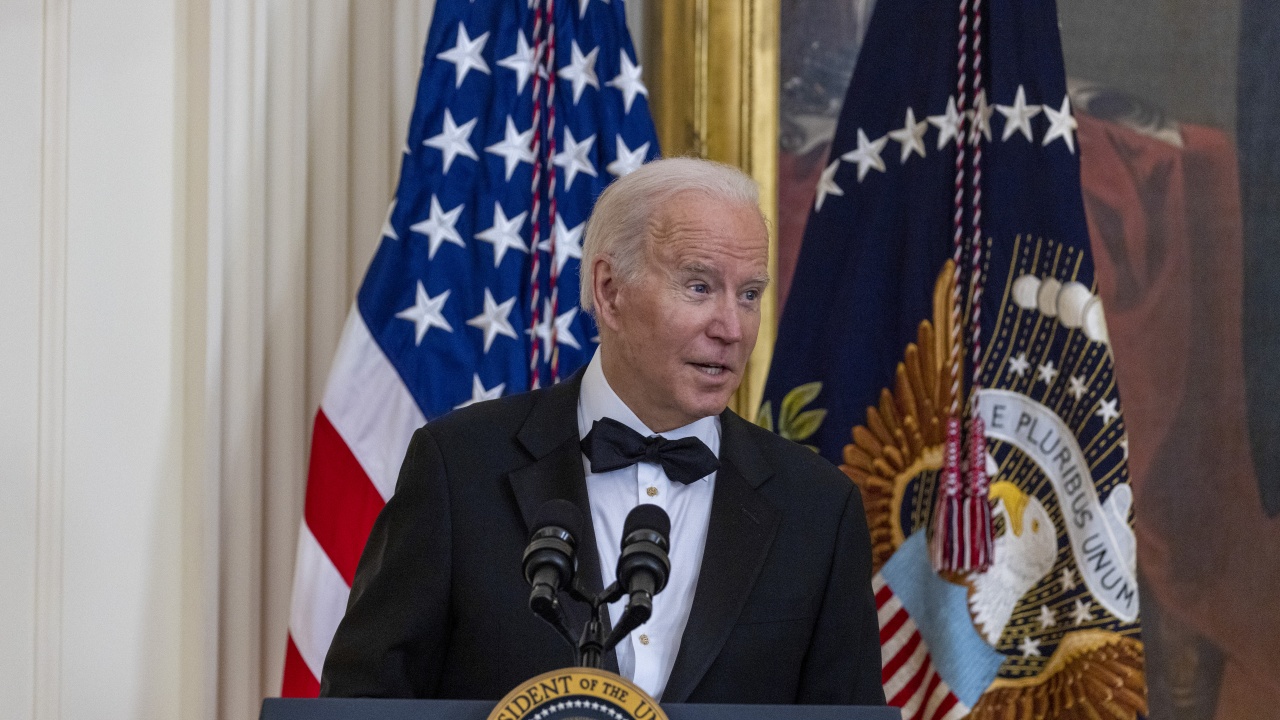In the next few days, the US Treasury Department will announce a series of sanctions against foreigners involved in corruption, serious human rights violations, suffocating the media and undermining democracy. Both government and officials and individuals will be affected, and the reasons will be different, including under the Global Magnitsky Act, the Wall Street Journal reported late Friday, and a ministry spokesman confirmed to Reuters on Sunday.
In this way, Washington wants to set an example and motivate other countries to act more decisively. The specific decisions on sanctions will be announced on the eve of the virtual Meeting on Democracy scheduled for 9 and 10 December. US President Joe Biden has invited state and political leaders, representatives of private business, human rights defenders and non-governmental organizations, media representatives, influential names in politics, arts, culture and sports, incl. emerging leaders of the next generation, multilateral institutions responsible for democracy and the protection of human rights.
Among more than 100 invited countries is Bulgaria, but not Russia, Turkey, Hungary, Iran, Libya, Syria, Myanmar and others. There is no invitation for China either, although the State Department’s list includes Taiwan, which almost all countries, incl. The United States recognizes part of China, although not under the control of Beijing, writes Dnevnik.
“The finance ministry will impose a series of sanctions on certain individuals involved in malicious activities that undermine democracy and democratic institutions around the world, including corruption, repression, organized crime and serious human rights abuses,” he told Reuters.
So far, Bulgaria is the country where the United States has sanctioned the most people and companies at once – on June 2, the names of Vasil Bozhkov, Ilko Zhelyazkov and Delyan Peevski (he was sworn in as MRF MP) and dozens of companies were announced.
In addition, the ministry will present proposals to plug loopholes in legislation and regulations allowing corrupt individuals to participate in the real estate market. There will also be initiatives for more transparency in corporate networks so that corruption cannot flourish and criminally obtained funds can enter the United States, the source added.
The Biden administration has said it will prioritize coordinated international action to have the effect of such sanctions, the Wall Street Journal reported. The publication suggests that the sanctions will include Russian oligarchs, Chinese officials and people in power in Iran, given frequent allegations of corruption in government circles, torture and murder of dissidents.
Biden will try to persuade other countries on Thursday and Friday to be more active in imposing sanctions. Last Thursday, Australia became another country to pass a law in the spirit of the American “Magnitsky”. Other measures to be discussed include protecting media rights and free elections, as well as supporting more women to become leaders in politics.
Washington also intends to restrict exports of tracking devices and other technologies that authoritarian governments can use to suppress human rights.
Daniel Fried, former Assistant Secretary of State (2005-2009) and one of the authors of sanctions policies in the Barack Obama administration, told the Wall Street Journal that the White House believes the fight against corruption is an essential element in the effort to strengthen democracy. “We expect action to be more focused in this area than in others. It is possible that more countries will pass laws such as Magnitsky or even set up a mechanism for coordinated multilateral sanctions.”
The events in the preliminary program of the meeting are already underway on November 17 and some of them are organized jointly with other countries such as Great Britain and the Netherlands. Topics range from combating cross-border trade, how to support persecuted NGOs in their homeland, how to detect and stop misinformation, what the international community can do about media freedom and protect journalists and publishers from persecution and the judiciary. brake.
After the forum begins a year of action by participants, incl. to build a wider community of partners in the name of reviving democracy around the world.
Following consultations, coordination and action, and the results of which in the coming months, President Biden will host a new Democracy Summit in about a year.
1930
3
–


